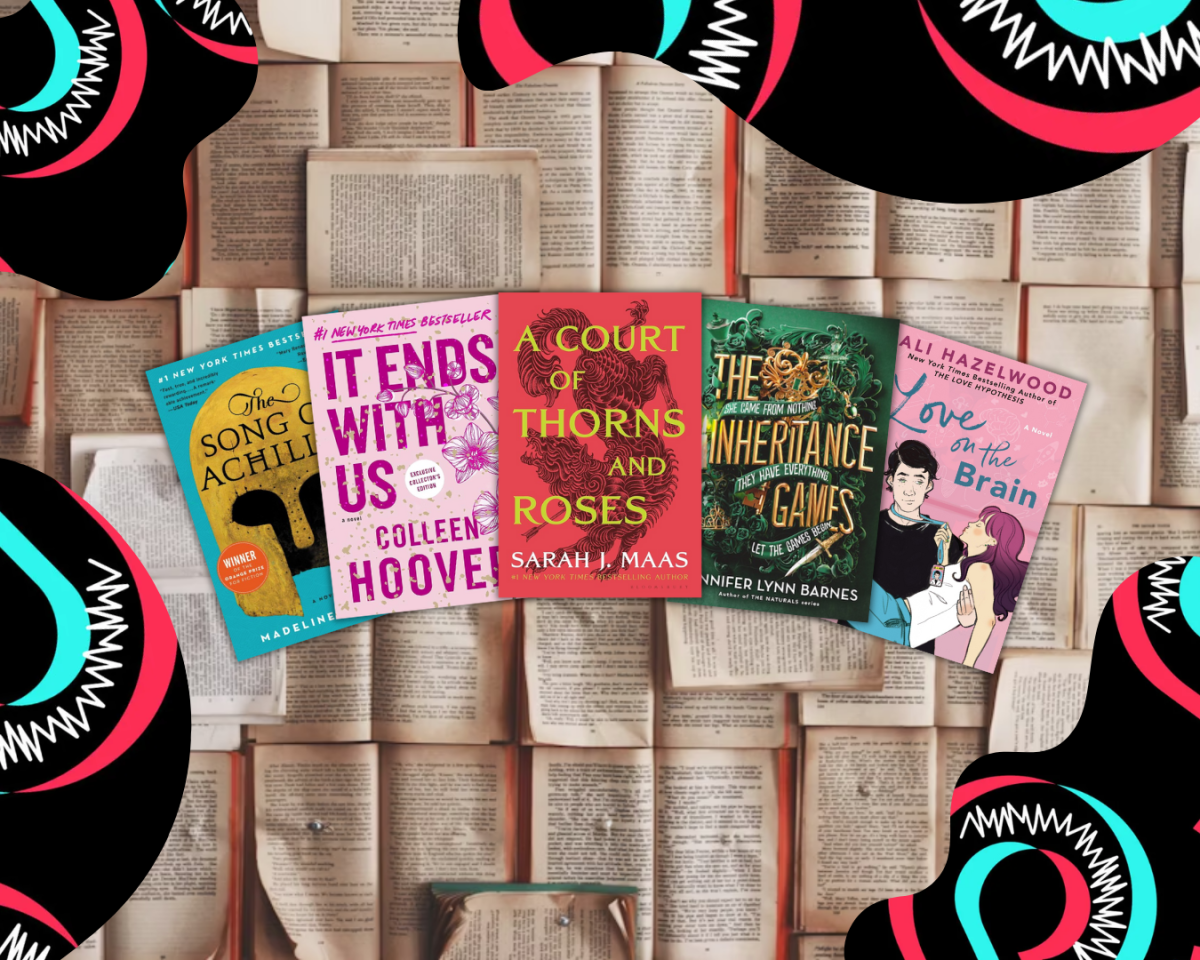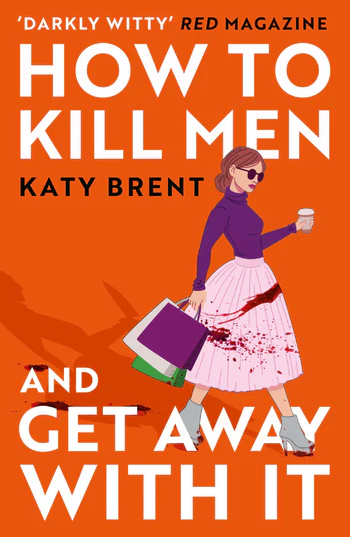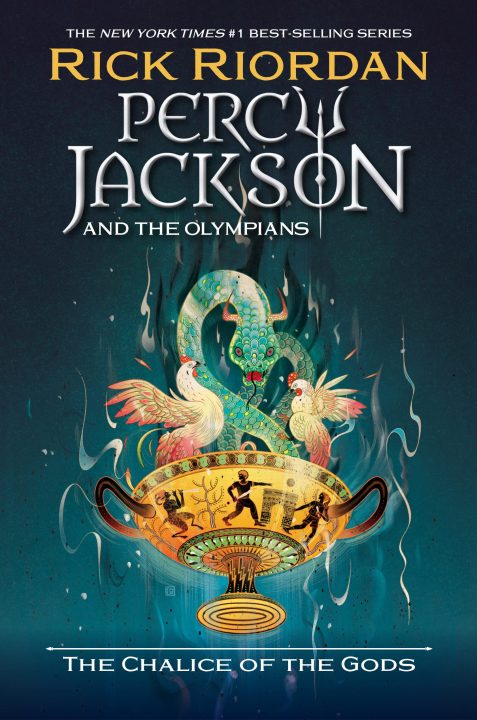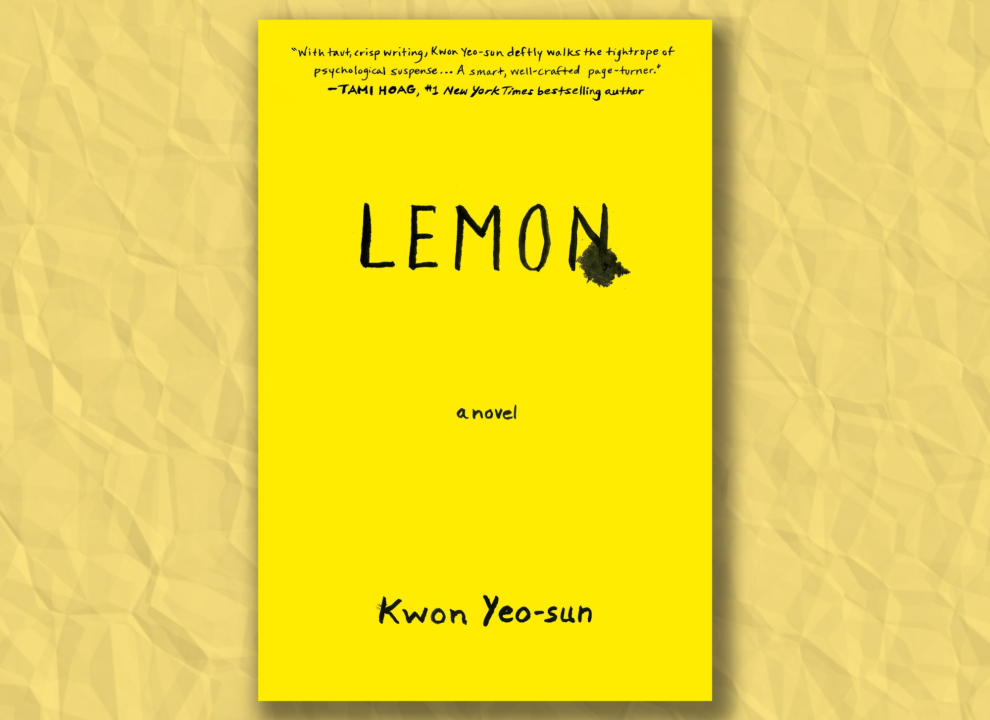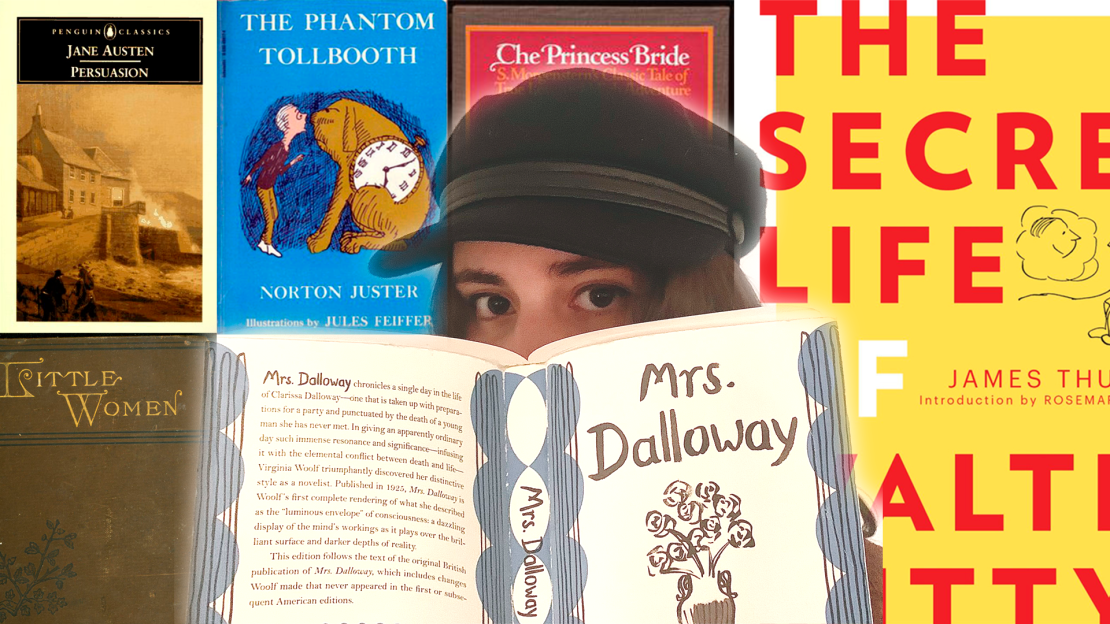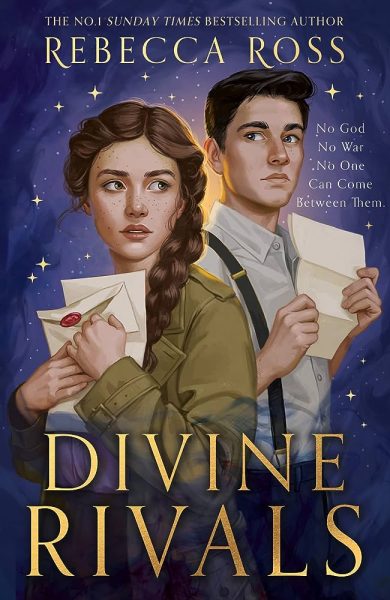
“Divine Rivals” by Rebecca Ross has been a bestseller ever since hitting the shelves last April. It has not only been a trending sensation on TikTok under #BookTok, but it also won the Goodreads Choice Awards 2023 for Best Young Adult Fantasy & Science Fiction. “Divine Rivals” is praised on Goodreads for being “a fresh new fantasy” with original mythology, gruesome war and hopeful love despite tremendous turmoil.
With the burgeoning genre of romantasy, “Divine Rivals” is marketed as a thrilling fantasy focused on an “enemies to lovers” trope between the main characters Iris Winnow and Roman Kitt. However, this book fails on both accounts due to misleading marketing that attempts to cater to both fantasy readers and romance readers.
The book opens on a war-torn world between two gods, Enva and Dacre, who have previously been asleep for centuries. This affects Iris, whose brother is now fighting for Enva while her mother spirals into addiction.
Iris must support her family by writing for the Oath Gazette, chasing the columnist promotion her rival, Roman, also desires. But when she is crippled with grief and questions her future, she copes by writing letters to her brother and keeping them under her wardrobe. Suddenly, they magically disappear and end up in the hands of none other than Roman. This magical correspondence will lead them on a path where they will face profound insight and loss but ultimately discover love.
The apparent lack of fantasy elements in this book are bound to leave the reader disappointed. The novel relies heavily on the influence of World War I to establish its setting, while inconsistently sprinkling in magical elements. Some facets of daily life are enchanted, such as the shelves of the grocery store that displays only the food that you can afford with the coins in your pocket, as well as the seemingly-alive houses. However, other aspects of the novel are contradictingly mundane. Why are the grocery store shelves enchanted but Iris still relies on candlelight in her home? Why do the houses seem alive but the coffee can’t magically refill itself at the Oath Gazette office?
Additionally, this magical realm is supposed to originate from mythological gods, which not every character believes in, despite the war that the gods started. These inconsistencies contribute to the convoluted world-building, which weakens the fantasy aspects of this novel. Because of this, readers cannot fully immerse themselves in the novel’s world.
If this book was marketed as a historical fiction inspired by World War I-era London, I would have been more satisfied with the story. It was not necessary to include magic at all, and it would have made for a more preferable read if it was excluded from the book. Adding the fantasy elements in an attempt to pander to the growing romantasy audience leads the story to fall flat on multiple accounts.
The romance was wildly mismarketed as an “enemies to lovers” story given the characters’ mutual attraction and flirting from the very beginning. The romance was one of the most endearing parts of this book, but I would not classify it as an “enemies to lovers” romance. Instead, it is a story of young, innocent love and the hope that blossoms in the most macabre of places. The dichotomous relationship between the purity of love compared to the horrors of war makes for an impactful romance, and that is what should shine through.
On top of this, the pacing of this book was quite strange. Ross focuses the first half of the book on the town of Oath — disregarding the war — where readers are inundated with the daily lives of Iris and Roman working for the Oath Gazette. The most exciting part of the book is when Iris and Roman arrive at the warzone, but Ross focuses yet again on the low stakes of mundane life. For a book that heavily emphasizes war as its central narrative, readers are left yearning for more from this aspect of the story.
Although the fantasy aspect of the novel felt underdeveloped, I truly enjoyed Ross’ writing style. She elicits genuine emotion and beautifully describes setting by weaving together perfectly curated lexicon and well-thought out sentences. She also knows how to create charming characters that readers are bound to fall in love with. I would truly not be opposed to reading another one of her books that focused less on fantasy, as this book unfortunately did not live up to its exceedingly high expectations.












